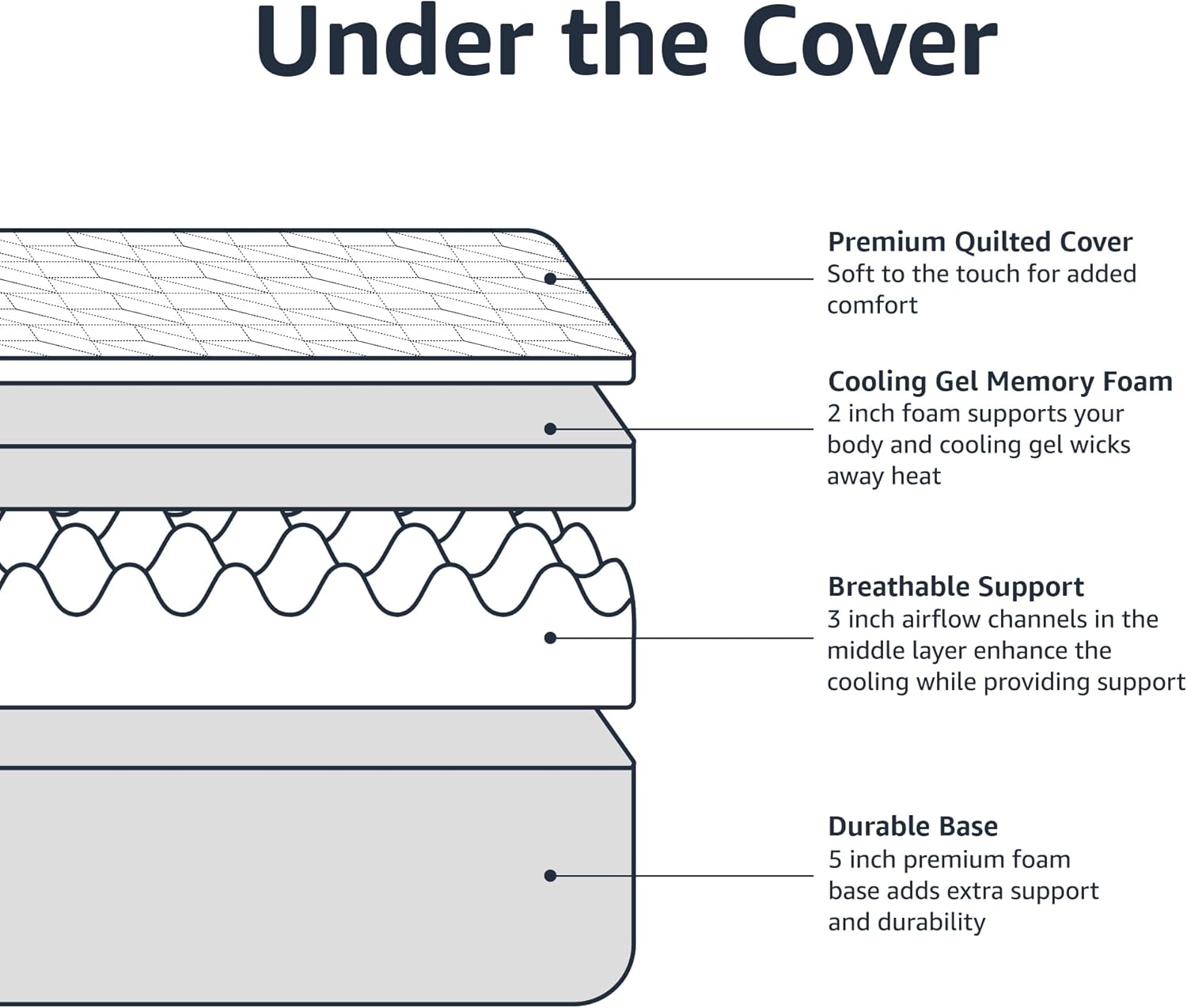Have you ever wondered why some days you feel unstoppable during your workout while others just getting started feels impossible? The answer lies in the mysterious and powerful mind-body connection.
This intricate relationship between our mental state and physical performance is key to unlocking our full potential in fitness. Discover how syncing your mind and body can transform your fitness journey and enhance your overall well-being.
Unseen Battle of Body and Mind
Imagine you wake up knowing you have a busy day ahead. Your body feels heavy, your mind is in a haze, and the motivation to exercise is nowhere to be found. This daily battle is all too common: an internal clash between the desire to stay fit and the mental barriers that keep us from taking action. It’s a struggle many of us face—a tug-of-war between our body’s needs and our mind’s resistance.
On one side, your body craves movement and the benefits of exercise. On the other, your mind is weighed down by stress, fatigue, and a lack of motivation. This internal conflict often leaves us feeling defeated before we even begin, making it seem impossible to achieve our fitness goals.
This intricate and complex dance between mind and body highlights the essential role of the mind-body connection in overcoming these barriers and finding balance in our fitness journey.
Decoding Mind-Body Connection
What is this mysterious mind-body connection, and why is it so crucial for our fitness journeys? At its essence, the mind-body connection is the profound interplay between our mental state and physical health. This relationship becomes especially evident when we exercise.
Physical activity prompts our brains to release endorphins, the “feel-good” chemicals that elevate our mood, reduce stress, and enhance our overall sense of well-being. This neurochemical symphony not only boosts our physical performance but also contributes to a positive mental state.
Our thoughts and emotions wield significant power over our physical health. Stress and anxiety can manifest physically as headaches, muscle pain, or even digestive issues, illustrating the tangible impact of our mental state on our bodies. Engaging in regular physical activities can help alleviate mental stress and promote relaxation and mental clarity. This creates a positive feedback loop where a healthy body supports a healthy mind and vice versa.
Understanding this connection helps us appreciate the importance of nurturing both our mental and physical health. When we align our mental state with our physical activities, we unlock a powerful synergy that enhances our overall well-being.
Recognizing the signs of mental stress and using physical exercise as a tool to combat it can lead to a more balanced, healthier life. This interconnected approach to fitness not only helps us achieve our physical goals but also fosters a harmonious state of mind.
Subscribe to newsletter
Get your Gut Health Starter Guide right now.
Elevate your Tuesdays with practical, science-backed wisdom propelling you forward on your gut health journey.

Syncing Mind and Body
The secret to leveraging the mind-body connection is harmonizing our mental and physical states. Here are some practical strategies to achieve this balance:
- Mindful Movement: Integrate mindfulness into your exercise routine. Pay attention to your breath, the sensations in your muscles, and the rhythm of your movements. This practice not only boosts the effectiveness of your workouts but also deepens your connection between mind and body, making exercise a more enriching experience.
- Visualization Techniques: Before starting your workout, take a few moments to visualize yourself completing it successfully. Imagine each movement, the effort you’ll put in, and the satisfaction you’ll feel afterward. This mental rehearsal can enhance your confidence and motivation, making it easier to push through mental barriers.
- Consistent Routine: Establish a consistent exercise schedule that fits your lifestyle. Whether it’s early morning runs or evening yoga sessions, consistency builds discipline and helps integrate physical activity into your daily life. Regularity reduces mental resistance and turns exercise into a habitual, enjoyable part of your day.
- Positive Affirmations: Use positive affirmations to reinforce your fitness goals. Phrases like “I am strong,” “I am capable,” and “I enjoy moving my body” can transform your mindset and cultivate a positive attitude towards exercise. These affirmations remind you of your strength and capability, making it easier to stay committed.
- Holistic Wellness: Adopt a holistic approach to wellness that includes both physical exercise and mental health practices. Incorporate activities like meditation, yoga, or journaling into your routine. These practices support mental clarity and emotional balance, complementing the physical benefits of exercise and promoting overall well-being.
By implementing these strategies, you can create a synergistic relationship between your mind and body. This integrated approach not only enhances your physical fitness but also boosts your mental health, leading to a more balanced and fulfilling life.
Syncing mind and body is about creating harmony within yourself, enabling you to achieve your fitness goals while fostering a positive and resilient mindset.
Victory of Balance
Meet Lisa, a 34-year-old marketing professional who often found herself mentally drained and too exhausted to maintain a regular exercise routine. The constant cycle of starting and stopping her fitness journey affected her confidence and health, leaving her feeling stuck and frustrated.
Determined to break free from this pattern, Lisa explored the mind-body connection. She began incorporating mindfulness into her workouts, paying close attention to her breath and the sensations in her body.
This practice made her workouts more enjoyable and helped her stay present and engaged, transforming her exercise sessions into moments of mental clarity and peace.
Lisa also started using visualization techniques. Before each workout, she spent a few minutes visualizing herself completing the session successfully. This mental preparation boosted her motivation and made it easier to overcome initial resistance, setting a positive tone for her exercise routine.
To create lasting change, she established a consistent exercise routine that fit her busy schedule. Early mornings became her dedicated workout time, allowing her to start the day with a sense of accomplishment and energy. Consistency soon became her ally, transforming exercise from a daunting task into a cherished part of her daily life.
Positive affirmations played a crucial role in her journey. By repeating empowering statements daily, she shifted her mindset and reinforced her commitment to fitness. These affirmations helped her develop a positive attitude towards exercise, making it a source of joy rather than stress.
Embracing a holistic approach, Lisa incorporated meditation and yoga into her routine. These practices complemented her physical workouts, providing mental clarity and relaxation. The synergy between her mind and body created a profound sense of balance and well-being.
Today, Lisa’s life has transformed. She feels more energetic, focused, and resilient. The mind-body connection has not only enhanced her physical fitness but also improved her mental health and overall quality of life. Her journey is a testament to the power of syncing mind and body, demonstrating that proper fitness encompasses both physical and mental well-being.
In conclusion, the mind-body connection is vital to our fitness journey. By understanding and nurturing this connection, we can overcome mental barriers, enhance our physical performance, and achieve a harmonious state of well-being.
Whether through mindful movement, visualization, consistent routines, positive affirmations, or holistic wellness practices, syncing mind and body is the key to unlocking our full potential in fitness and life.

































